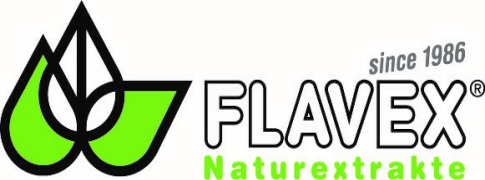News
Relaxation ingredients provide energy-boosting promise
10 May 2020Relaxation drinks have emerged as the antithesis of energy drinks – but their potential to improve sleep and reduce stress has provided them with a niche that complements the energy sector.
Over the past 20 years, energy drinks have become a mainstay in the soft drinks category, and manufacturers offer plenty of choice, from 500 mL cans to 60 mL shots, promising increased alertness, whether to party or study until the early hours of the morning, or to manage the demands of work or looking after young children. Relatively recently, however, relaxation drinks have emerged as the flip side of the same coin, claiming to deal with the insomnia, stress and anxiety that create the mental environment in which consumers might turn to an energy drink in the first place.

Some industry commentators have suggested that relaxation drinks may fill the role that alcohol commonly has filled in the past, as beverages to help people ‘wind down’ at the end of a long, perhaps caffeine-filled, day or week. Indeed, a growing number of consumers is choosing to avoid alcohol – and the trend spans demographics. Global data from market researcher IWSR show sales of alcoholic drinks have fallen for the past six years, and the rate of decline is accelerating. But relaxation drinks are also – somewhat paradoxically – used to help boost energy, as they carry the promise of improved mood and better sleep.
Globally, common ingredients in relaxation drinks include chamomile, kava root, melatonin, valerian root, L-theanine, various mushrooms and gamma-aminobutyric acid (GABA). Some, such as GABA, have been tested in trials aiming to pinpoint whether and how they act as relaxants, while others rely largely on a long-held association with relaxation. Naturex (now part of Givaudan), for example, supplies botanical infusions, including from chamomile and lavender for use in the growing relaxation drinks segment.
Botanical ingredients may hold particular potential in the sector, as they already have attracted manufacturers’ attention for their flavour potential, and now more suppliers are looking to provide flavourful botanicals that also have functional benefits. Meanwhile, Mintel has highlighted premium tea-based beverages as a market on the rise, often with the promise of functional benefits, including relaxation.
French ingredient supplier Nexira is also among those with an eye on the sector, saying it has seen increased demand for certified organic botanicals for functional foods and beverages, particularly for extracts associated with wellbeing and relaxation such as chamomile, lemon balm, ginger and turmeric. According to the company, a lot of drinks companies may use just a small amount of an organic extract in their product, but choose to highlight it front of pack, in order to benefit from the health halo often associated with certified organic ingredients.
For now, some still question whether relaxation drinks will find a long-term market niche, but there is undoubtedly a large group of consumers who would like to find healthy ways to relax and improve their sleep quality – thereby boosting their energy and focus during waking hours. Sales of over-the-counter sleep aids have risen steadily over the past ten years in many global markets, according to Euromonitor International, suggesting that with the right marketing, relaxation drinks could find an enthusiastic consumer base.

